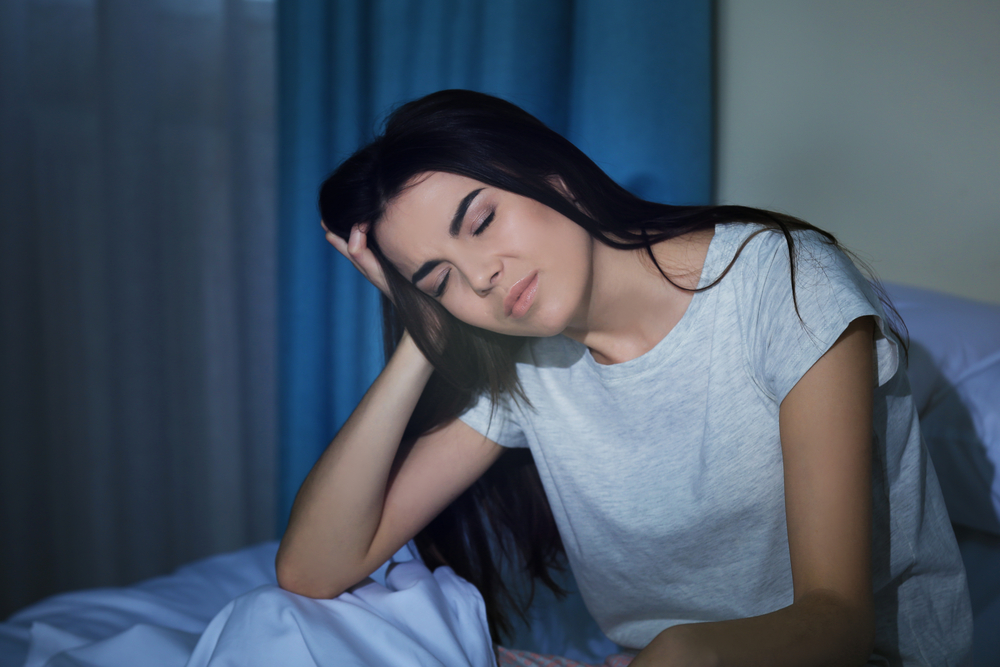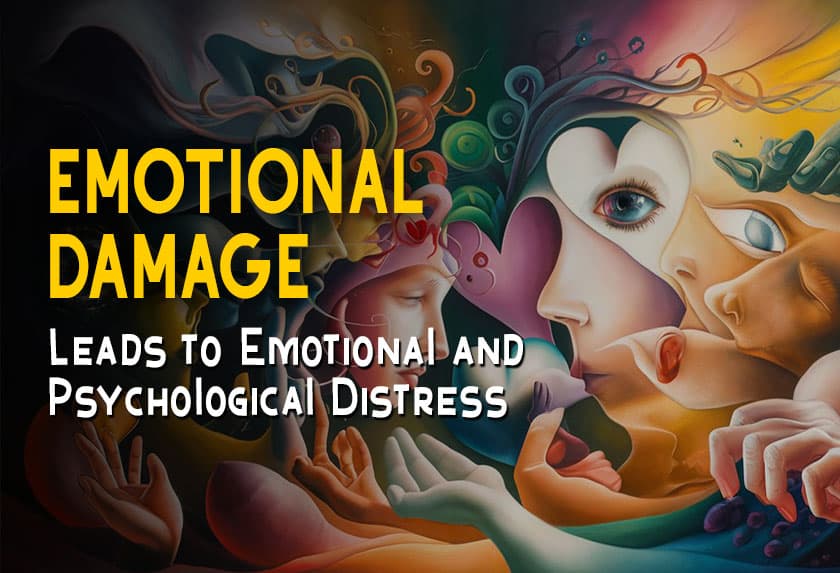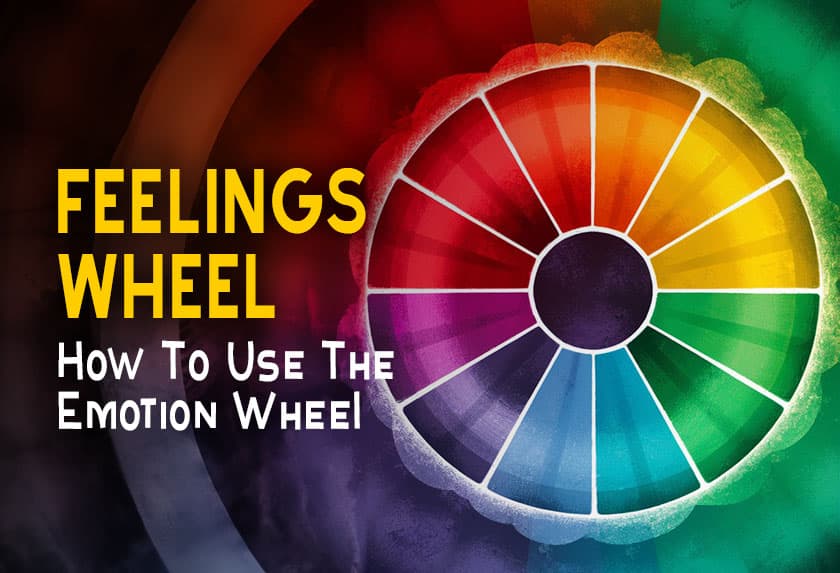Giving up alcohol after years of regular drinking is going to be difficult, thanks in large part to the physical symptoms it involves. Trouble sleeping is a prime example. Alcohol withdrawal and sleep problems go hand-in-hand. Still, knowing what to expect can help you better cope with the challenges ahead.
Alcohol Withdrawal and Sleep: 4 Things to Expect
Here are the four main ways you can expect that alcohol withdrawal will affect your sleep patterns.
1. Almost Everyone Experiences Insomnia During Alcohol Withdrawal
Even if your drinking problem would be considered less severe than most, alcohol withdrawal is still probably going to impact your sleeping patterns to some degree. If nothing else, the anxiety about moving forward without the use of alcohol will keep you up at night, at least at the beginning of your recovery process.
2. Alcohol Withdrawal Can Affect Sleep in a Number of Different Ways
That said, what alcohol withdrawal does to your sleep patterns is unique to everyone. Any combination of the following may occur when going through alcohol withdrawal:
- Falling asleep during the day
- Feeling tired and drowsy later on in the day
- Nightmares
- Waking up throughout the night
- Sleeping more than usual
- Staying awake because of racing thoughts
- Difficulty falling asleep
- Waking up after undisturbed sleep without feeling rested
Obviously, these symptoms can compound one another, too.
3. Alcohol Withdrawal and Sleep Problems Can Make Clear Thinking Harder
Alcohol withdrawal usually affects cognition, as well. Early on, recovering alcoholics will often have trouble focusing and even articulating their thoughts.
Without getting a good night’s rest, these problems intensify. So when you’re first becoming sober, be patient with yourself. Expect some mental fog.
4. Depression May Occur
Drinking alcohol triggers greater amounts of dopamine, which leads to benefits related to the drug like confidence and self-assurance. Unfortunately, too much drinking may lead the brain to quit producing dopamine because it expects that alcohol will always be there to trigger its production.
This leads to depression. Insomnia can cause depression, too. When both factors are present, depression is almost inevitable.
What You Can Do to Deal with Alcohol Withdrawal and Sleep
The above may paint a pretty dreary picture, but its purpose is to convince you how important it is to make sleep a priority when getting sober.
- Try natural herbs like chamomile, passion flower, and lemon balm, which all help stimulate GABA, the brain’s main calming neurotransmitter.
- Take 100 mg of magnesium an hour before you want to fall asleep. Magnesium is involved in more than 300 of the body’s enzyme systems, which includes assisting with sleep (make sure you use magnesium citrate).
- Take amino acids that support neurotransmitters which long-term alcohol use erodes. These include:
- 5-HTP
- L-Theanine
- Glutamine
- N-Acetyl Cysteine (NAC)
- Glycine
These can also help with anxiety and depression, especially (NAC), which helps produce serotonin.
Get Help Getting to Bed During Alcohol Withdrawals
Sleep is essential, but alcohol withdrawals can last for months. So it’s important to seek assistance from medical professionals who can ensure you get restorative rest during the recovery process. This will go a long way toward helping you with the rest of your journey.













